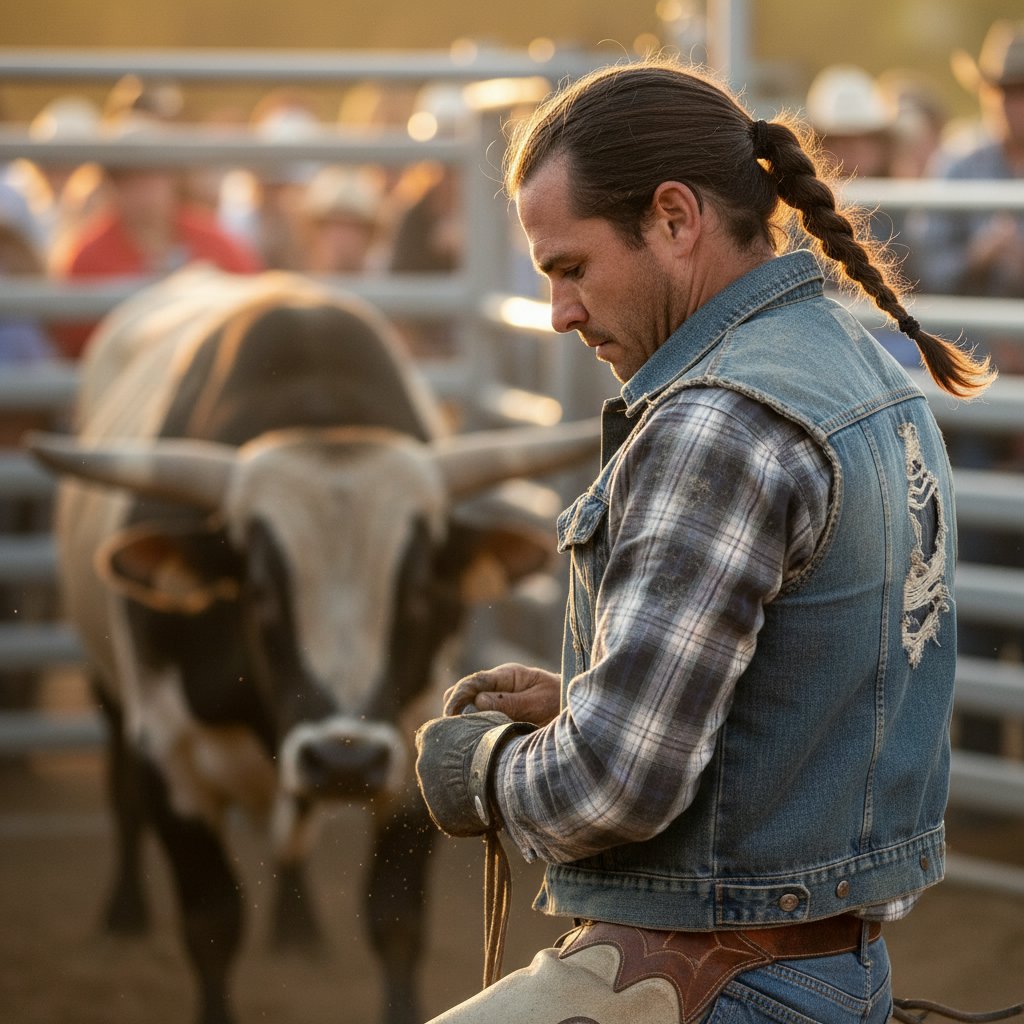How to Make Hair Grow Thicker: Natural Methods Backed by Research | Science-Based Hair Care
Introduction: The Science of Hair Density
The quest for voluminous, cascading locks is a tale as old as time, yet in the modern era, it is often clouded by marketing gimmicks and miracle cures that promise the world but deliver very little. Understanding how to make hair grow thicker requires a shift in perspective from seeking overnight fixes to adopting a holistic, science-backed approach to health. True hair density is determined by two main factors: the number of active hair follicles on your scalp and the diameter of the individual hair strands. While genetics play a significant role in determining your baseline density, research has shown that environmental factors, nutrition, and specific care regimens can significantly influence the quality and thickness of the hair you produce.

In recent years, dermatological research has validated several natural methods that were once considered mere folklore. We now understand the biological mechanisms behind why certain oils stimulate blood flow or how specific nutrients reinforce the keratin structure of the hair shaft. This guide aims to cut through the noise, presenting you with comprehensive, research-backed strategies to maximize your genetic potential for hair thickness. By focusing on the health of the scalp—the soil from which your hair grows—and the integrity of the strand, you can cultivate a fuller, healthier mane without relying solely on harsh chemicals.
Nutritional Foundations: Fueling Follicles from Within
The Protein Connection
Hair is primarily composed of a tough fibrous protein called keratin. Consequently, a diet lacking in adequate protein can force the body to ration protein for essential organ function, leaving hair follicles starved. This often results in the hair shifting into the telogen (resting) phase, leading to shedding and thinner appearance. To support robust growth, it is crucial to consume complete proteins rich in amino acids. Foods such as eggs, which provide both protein and biotin, fatty fish like salmon, lean meats, and plant-based sources like quinoa and lentils should be staples in a hair-thickening diet.
Micronutrients and Vitamins
Beyond macronutrients, specific vitamins act as co-factors in the hair growth cycle. Iron deficiency is a leading cause of hair thinning, particularly in women, as iron is necessary for red blood cells to carry oxygen to the hair follicles. Vitamin D plays a role in the creation of new hair follicles, with research suggesting that low levels are linked to alopecia. Furthermore, Vitamin C is essential for collagen production and iron absorption, while Vitamin A helps skin glands create an oily substance called sebum, which moisturizes the scalp and keeps hair healthy. A colorful diet rich in spinach, sweet potatoes, citrus fruits, and nuts ensures these micronutrient needs are met naturally.Scalp Stimulation: Awakening the Roots
The Mechanics of Massage
One of the most accessible and effective methods for encouraging thicker hair growth is scalp massage. Research published in dermatological journals has indicated that standardized scalp massage can result in increased hair thickness by inducing stretching forces on the dermal papilla cells. These cells, located at the base of the hair follicle, play a pivotal role in the formation of hair, growth cycle regulation, and hair generation. By mechanically stimulating the scalp, you increase blood circulation, delivering more oxygen and nutrients directly to the follicle.
Techniques for Maximum Benefit
To implement this effectively, consistency is key. Spend approximately four to five minutes daily massaging the scalp with your fingertips (not fingernails) in circular motions. Many individuals find success with the "inversion method," where the head is lowered below the heart to further boost blood flow, although this should be practiced with caution. For an enhanced experience, many professional salons recommend using a silicone scalp massager during shampooing. This not only stimulates the skin but also helps in effectively removing product buildup and dead skin cells that can clog follicles and impede growth.The Power of Essential Oils: Nature’s Minoxidil
Rosemary Oil
Perhaps the most groundbreaking natural remedy in recent years is rosemary oil. A 2015 study compared rosemary oil to minoxidil 2%, a common pharmaceutical hair regrowth treatment. The results showed that after six months, both groups experienced a significant increase in hair count, with the rosemary oil group experiencing less scalp itching. Rosemary oil is believed to work by improving cellular generation and blocking DHT (dihydrotestosterone), a hormone linked to hair thinning. It is a potent example of how botanical ingredients can rival synthetic alternatives when used correctly.
Peppermint and Pumpkin Seed Oil
Peppermint oil is another powerful contender. When applied topically, it causes a cold, tingling sensation which increases local blood circulation. Animal studies have shown that peppermint oil can increase the number of follicles, follicle depth, and overall hair growth. Similarly, pumpkin seed oil has been shown to block the action of 5-alpha reductase, the enzyme that produces DHT. A study involving men with pattern hair loss showed that those taking pumpkin seed oil supplements experienced a 40% increase in hair count over 24 weeks. These oils should always be diluted with a carrier oil, such as jojoba or coconut oil, before application to prevent irritation.Stress Management and Cortisol Control
The Stress-Shedding Link
It is impossible to discuss hair thickness without addressing stress. Telogen effluvium is a condition where significant stress pushes large numbers of hair follicles into a resting phase. Within a few months, affected hairs might fall out suddenly when simply combing or washing your hair. High levels of cortisol, the body's primary stress hormone, can disrupt the function of the hair follicle and accelerate the degradation of skin compounds like hyaluronan and proteoglycans by approximately 40%. Therefore, managing stress is not just good for your mind; it is essential for your hair density.
Mindfulness and Lifestyle Adjustments
Integrating stress-reduction techniques is a viable strategy for hair growth. Regular exercise, adequate sleep, and mindfulness practices like meditation or yoga can lower cortisol levels. Even the act of setting aside time for a hair care ritual can be a form of self-care that reduces stress. Ensuring you get 7-9 hours of quality sleep allows the body to repair tissues and regulate hormones that influence growth cycles. When the body is in a state of rest and digest, rather than fight or flight, it can allocate resources to non-essential functions like hair growth.Gentle Styling and Mechanical Care
Preventing Traction Alopecia
While we focus on growing new hair, preserving the hair you have is equally important for overall thickness. Traction alopecia is a form of hair loss caused primarily by pulling force being applied to the hair. Tight ponytails, braids, or heavy extensions can traumatize the hair follicle over time, leading to permanent thinning. To maintain density, it is advisable to alternate hairstyles and avoid styles that cause tension at the hairline. Using scrunchies made of silk or satin rather than elastic bands can also reduce friction and breakage.
Heat and Chemical Awareness
Excessive heat styling can damage the hair cuticle, leading to breakage that makes hair appear thinner, even if it is growing well from the root. When the cuticle is compromised, the inner cortex is exposed, leading to moisture loss and brittleness. If heat must be used, a high-quality heat protectant is non-negotiable. Furthermore, spacing out chemical treatments such as coloring or relaxing gives the hair structure time to recover. Professional stylists often recommend air-drying whenever possible or using the lowest heat setting to maintain the structural integrity of the hair shaft.Hydration and Internal Health
Water Intake and Hair Elasticity
Dehydration immediately reflects on the hair. Water makes up almost 25% of the weight of a single strand of hair. When the body is dehydrated, the hair becomes brittle and prone to snapping, which reduces overall volume. Drinking adequate water supports the energy production in the hair cells, promoting growth. Additionally, a hydrated scalp is less likely to suffer from dandruff or dryness, conditions that can inhibit healthy growth.
Gut Health Connection
The health of your hair is also a reflection of your gut health. The microbiome plays a crucial role in the absorption of the nutrients discussed earlier. If your gut is inflamed or unbalanced, you may not be absorbing the biotin, iron, or protein necessary for hair growth, regardless of your intake. Incorporating probiotics and fermented foods into your diet can improve nutrient absorption, indirectly supporting stronger, thicker hair production.Expert Tips for Daily Maintenance
- Cool Rinse: Finish your shower with a cool water rinse to seal the cuticles, locking in moisture and adding shine which gives the illusion of depth.
- Silk Pillowcases: Switch to a silk or satin pillowcase to reduce friction while sleeping, preventing overnight breakage.
- Regular Trims: While cutting hair doesn't make it grow faster from the root, removing split ends prevents the split from traveling up the shaft, which preserves density.
- Wide-Tooth Combs: Use a wide-tooth comb on wet hair, starting from the ends and working your way up to prevent snapping fragile wet strands.
- Scalp Exfoliation: Once a month, use a gentle scalp scrub to remove product buildup that might be blocking follicles.

Frequently Asked Questions
Q: Can I actually increase the number of hair follicles I have? A: No, you are born with all the hair follicles you will ever have. However, you can "wake up" dormant follicles and increase the diameter of existing hair strands to create a thicker appearance.
Q: How long does it take to see results from natural methods? A: Hair growth is a slow process. On average, hair grows about half an inch per month. It typically takes 3 to 6 months of consistent practice with methods like rosemary oil or massage to see noticeable changes in density.
Q: Does washing my hair less often help it grow thicker? A: Not necessarily. While over-washing can strip natural oils, a clean scalp is essential for growth. A buildup of sebum and dirt can clog follicles. It is best to wash 2-3 times a week or as needed based on your specific hair type.
Q: Are hair growth supplements necessary? A: If you have a balanced diet, they may not be necessary. However, if you have deficiencies (like Iron or Vitamin D), supplements can be very effective. Always consult a doctor before starting new supplements.
Q: Will cutting my hair make it grow back thicker? A: This is a myth. Cutting hair affects the ends, not the follicles. However, blunt cuts can make hair look thicker by removing straggly ends, giving a fuller appearance.
Conclusion
Achieving thicker hair naturally is a journey of patience and consistency. It is rarely the result of a single miracle product, but rather the accumulation of healthy habits—nutrient-dense eating, stress management, scalp stimulation, and gentle handling. By integrating these research-backed methods into your daily routine, you are creating the optimal environment for your hair to thrive. Remember that every individual's hair cycle is unique; what works rapidly for one may take longer for another. Embrace the process, treat your hair with kindness, and consult with professional stylists or trichologists if you experience sudden or severe hair loss to rule out underlying medical conditions.


